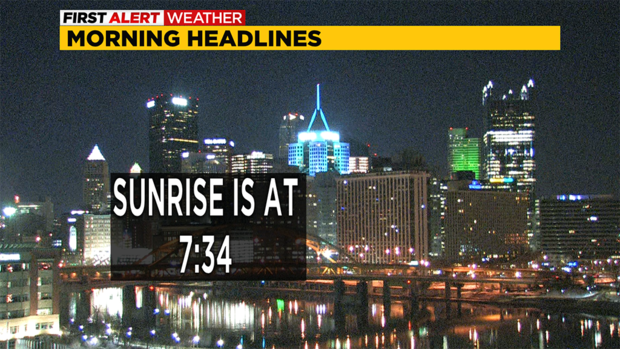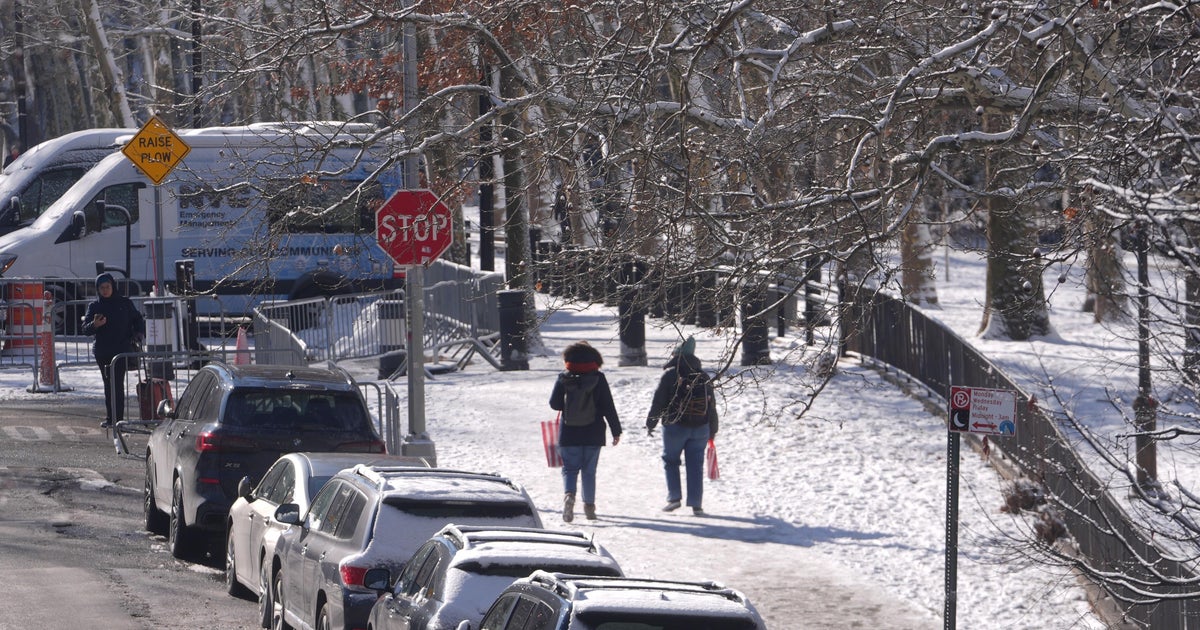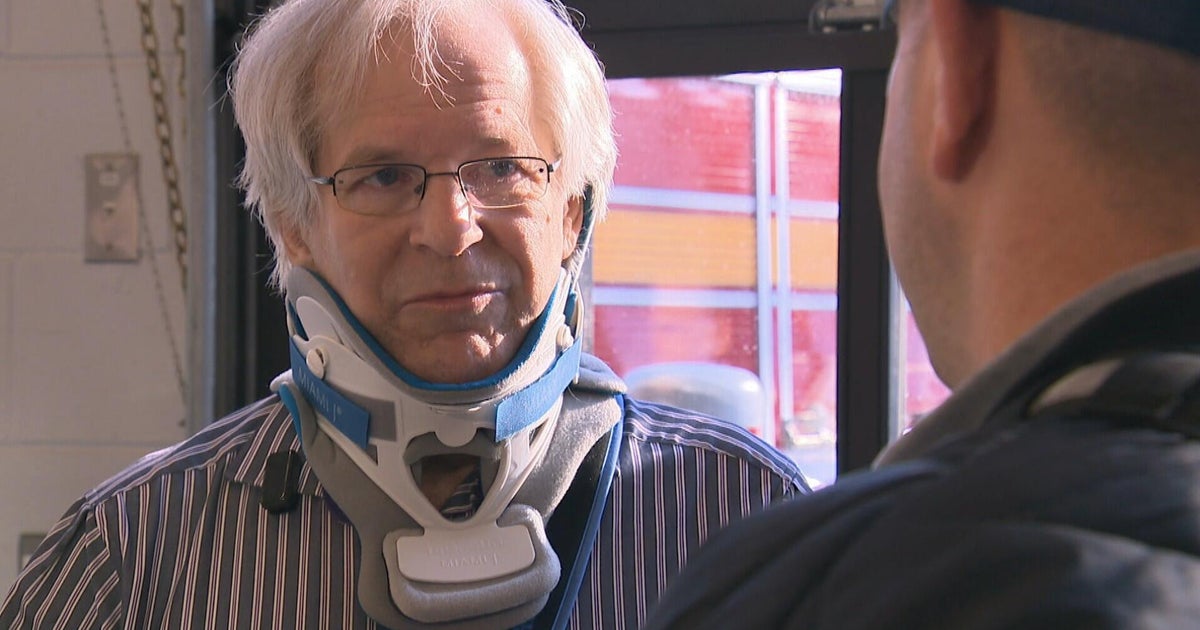The Importance Of Daylight Saving Time And The Impact On Sunrise Times
PITTSBURGH (KDKA) -- Daylight Saving Time was once again trending on Twitter, due to everyone complaining about the lost hour from the weekend.
Not only is Daylight Saving Time trending, but also Daylight Savings Time. Please don't be that person.
The simple fact is unless you like sunrises at nearly 9am, DST simply has to stick around.
So yes, Daylight Saving Time (DST) is not perfect. Yes, it gets our internal clocks off for a little bit.
It even impacts our bodies, with John Shumway saying that heart attacks annually go up around 25% on the Monday after DST returns.
DST was originally started to save energy. While that isn't as much an issue now, I think some of the unintended consequences of what DST brings to us far outweigh the day or two of discomfort we have to deal with after the change each year.
To be clear, it really is a single day or two each year that our bodies are impacted. We get the hour back every November.
I think the changeover is the perfect time.
If you remember we changed to the current format in 2008, where we added an extra four weeks to DST.
Since then, DST has started on the second Sunday of March and ended on the first Sunday of November.
So why should we keep DST? As you probably know, Pittsburgh isn't really close to the equator. The farther from the equator you are (or closer to the poles) the more dramatic the swing of daylight is from the start of the year to the end of the year.
In Pittsburgh, in summer we get 13 hours and 4 minutes of sunlight in June. In December we get just 9 hours and 17 minutes.
This swing in daylight hours has to be allocated somewhere, and I feel strongly that the best place to allocate the time is in the morning hours.
Again there is no perfect solution, but this is the best solution.
Let me put it another way.
Without the change out of DST each year, we would be facing some really late sunrise times during December.
With DST ending, sunrise times are as late as 7:40 during late December and early January. If we kept DST, our morning sunrises would be at nearly 9:00 a.m, coming in around 8:40 for just about two weeks of the year.
Our sunsets would still just be at 5:55.
With daylight of just over nine hours, you have to make a choice of where you want the daylight at.
It's not an easy choice but I think the best choice is to continue to adjust our daylight to be most in line with most people's work and school times.
What do you think?








